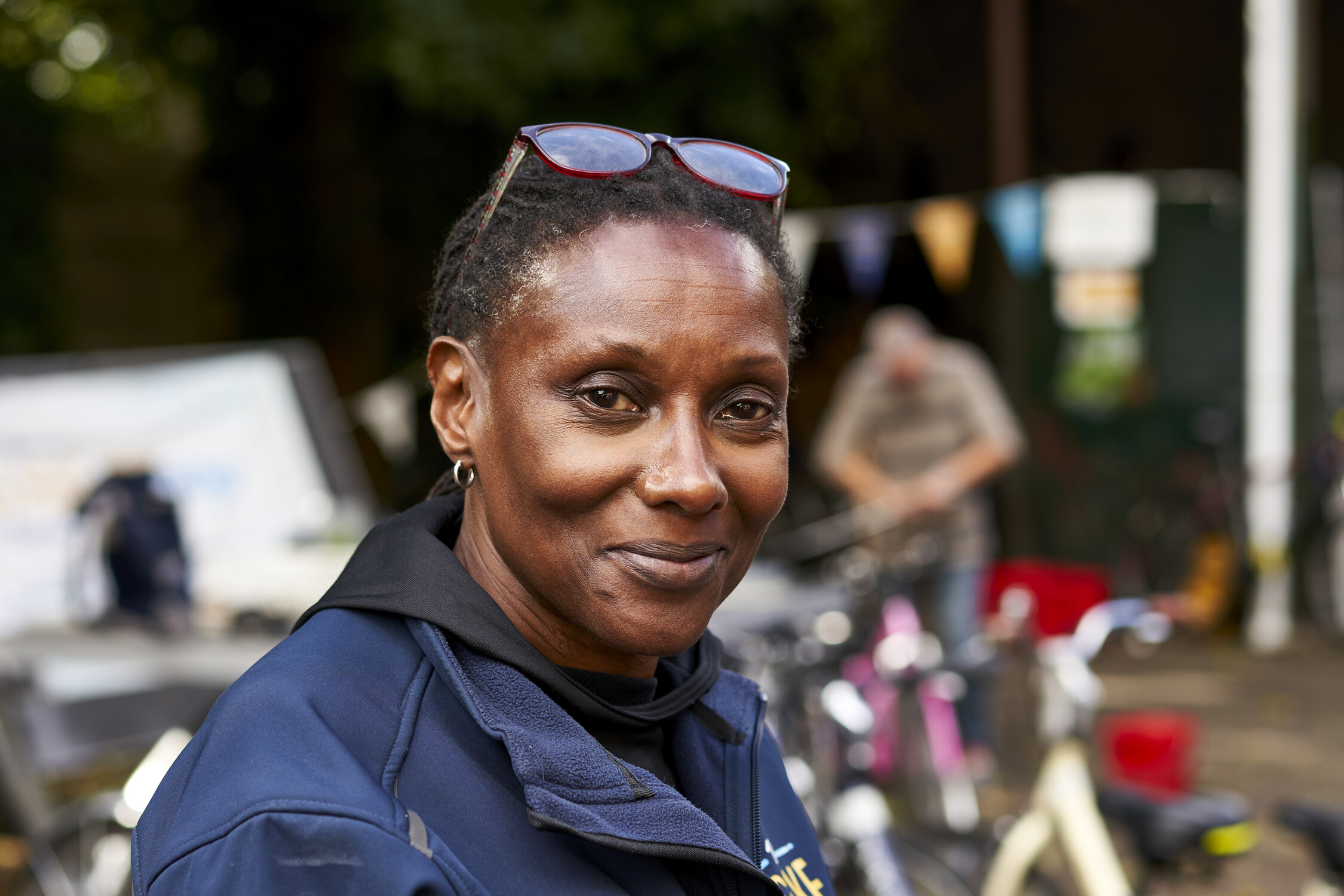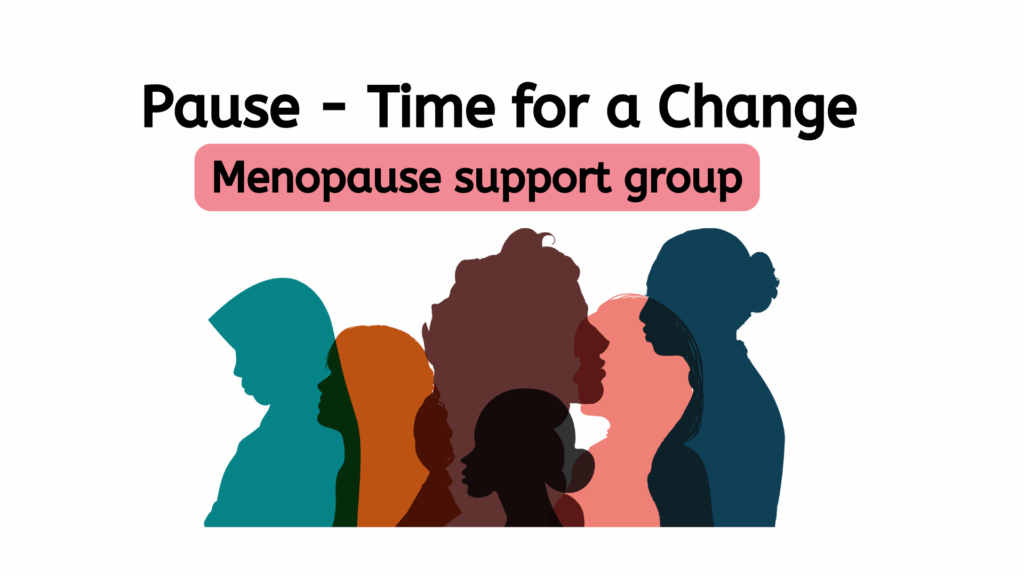Back 2 Netball for menopausal people
England Netball and Live Well havering are partnering to create a safe, fun and inclusive environment to try a new sport, or return to a beloved game, specifically tailored to...
Menopause is when your periods stop forever. This usually happens to people who have periods between the ages of 45 and 55.
If you have the symptoms of menopause, but your periods haven’t stopped, this is called perimenopause.
Symptoms of the menopause might include, but are not limited to the following:

These symptoms can start years before your periods stop and can carry on afterwards.
Hormone Replacement Therapy (HRT) helps to replace the hormones that are changing and depleting during the menopause. Research has shown that it is the most effective treatment for menopause symptoms.

The menopause can be really difficult to live with. If you need support to manage your symptoms, you can find different types of information, advice and support below:


England Netball and Live Well havering are partnering to create a safe, fun and inclusive environment to try a new sport, or return to a beloved game, specifically tailored to...

Join our Menopause Nurse-led non-judgemental, welcoming community and connect with other people experiencing the menopause. Menopause can be an uncertain time, but we are here to support you. Join our...
Hi! What would you like to search?
I can help you search this website. Chat with me to help you find the information you are looking for.
Chat with me
Your location is only used to give you tailored responses. Read our Privacy Policy for detail.